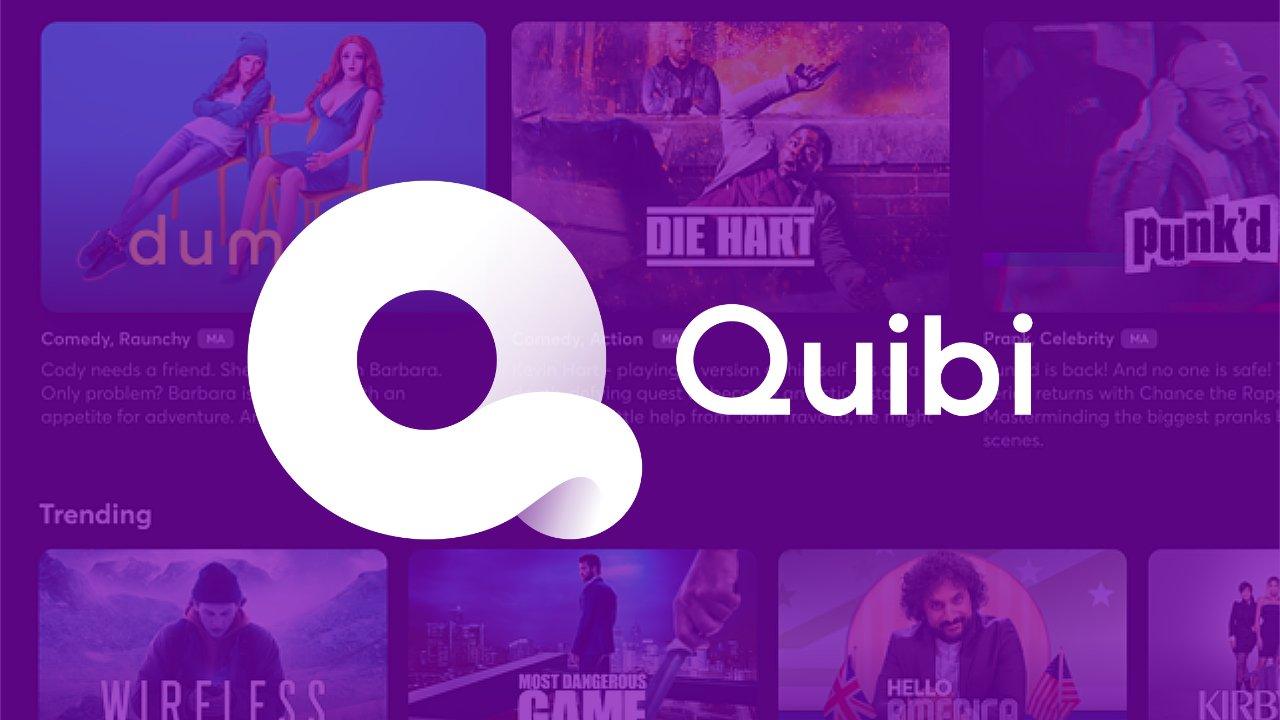Quibi: 'Snackable' video app to close after six months
- Published

The mobile-focused streaming service Quibi has announced it will close just six months after its launch, after failing to attract enough subscribers.
The platform offered "quick bites" of video and had lined up big Hollywood stars to appear in some of its shows.
But the company said launching its service during the coronavirus pandemic had brought "unprecedented challenges".
It will now seek to sell its technology platform and the rights to some of its original content.
Quibi was set up by former Walt Disney Studios chairman Jeffrey Katzenberg, and Meg Whitman, former chief executive of Hewlett Packard Enterprise.
When it was launched in the US in April, the company had raised $1.8bn (£1.37bn) from investors and hoped to rival Netflix and YouTube.
Allow Twitter content?
This article contains content provided by Twitter. We ask for your permission before anything is loaded, as they may be using cookies and other technologies. You may want to read and before accepting. To view this content choose ‘accept and continue’.
Its programmes were 10 minutes or shorter, with films broken into segments.
A key selling point was that videos were produced in both a vertical and horizontal format, and the app would automatically switch between them when the viewer turned their smartphone.
Â鶹ԼÅÄ Global News produced a daily news programme for the platform, one of several broadcasters paid to make content for Quibi.
Â鶹ԼÅÄ Studios, the organisation's commercial arm, and rival broadcaster ITV, had both invested in the platform.
"Quibi is not succeeding. Likely for one of two reasons: because the idea itself wasn't strong enough to justify a standalone streaming service or because of our timing," .
"The circumstances of launching during a pandemic is something we could have never imagined."
Critics of the service said its short content, designed to be watched by commuters or during a lunch break, had been launched at a time when millions more people were working from home.
But one analyst suggested the platform would have struggled regardless of the pandemic.
"The pandemic gives them a good excuse for their failure, but I think the real problem was that the idea of episodic content in five-minute chunks isn't what people are looking for on their smartphone: they want the six second dance moves on TikTok or an influencer video on YouTube or Instagram," said Jim Nail, principal analyst at the consultancy Forrester.
- Published7 April 2020
- Published9 January 2020